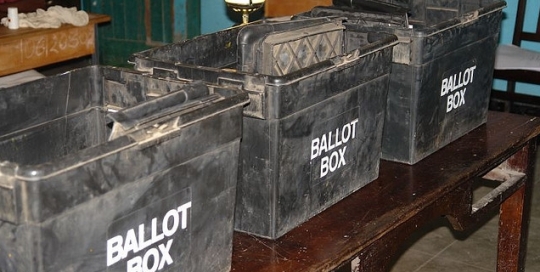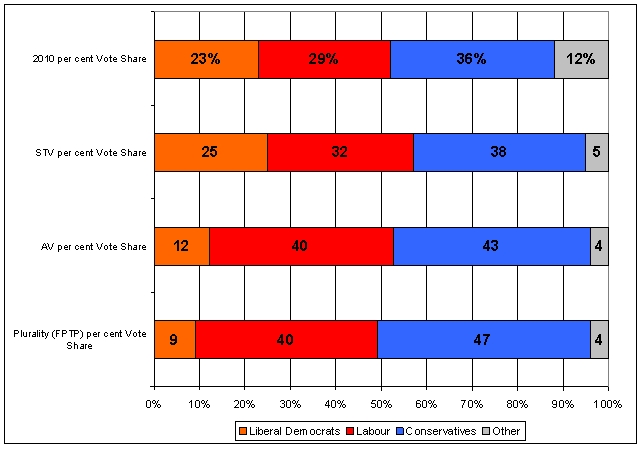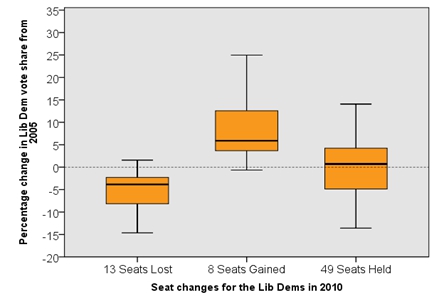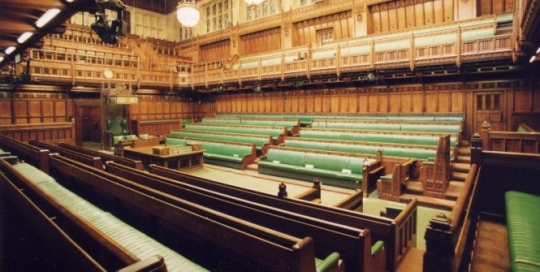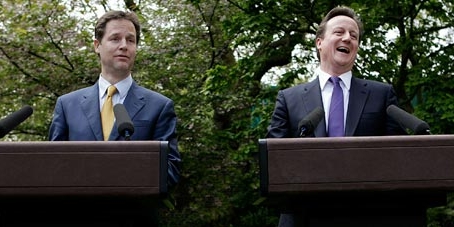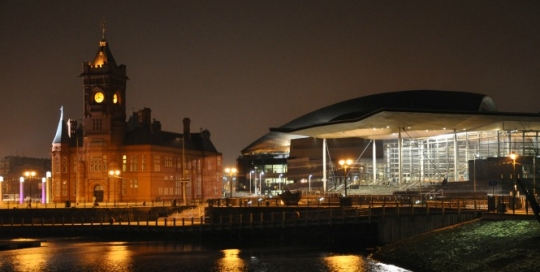During the 2015 election, the Government Department created LSE’s General Election blog, which drew on the contributions of hundreds of authors in LSE and outside to provide focused coverage of the election itself (going far beyond the coverage capabilities of the British Politics and Policy blog) and also incorporating many contributions from our sister blogs, including commentary at the Democratic Audit and the statistical background to the general election at Democratic Dashboard. The General Election site was always intended to be temporary, and so we ceased coverage a month after the election finished.
However, all the content now forms part of our long-run and permanently archived heritage here on the British Politics and Policy blog, reflecting LSE Government Department’s commitment to building free and open access resources available to scholars and citizens long term.
We sincerely thank all of the many authors who contributed here, and all the scholars, practitioners, citizens and followers who commented and created a great debate around the blog during the campaign period.
Update News: Thanks to funding from the Joseph Rowntree Reform Trust and LSE’s HEIF5 fund, the Democratic Dashboard will be covering all the UK’s major elections in May 2016, and refreshing our General Election 2015 constituency archive, so as to be ready for the 2020 general election.


